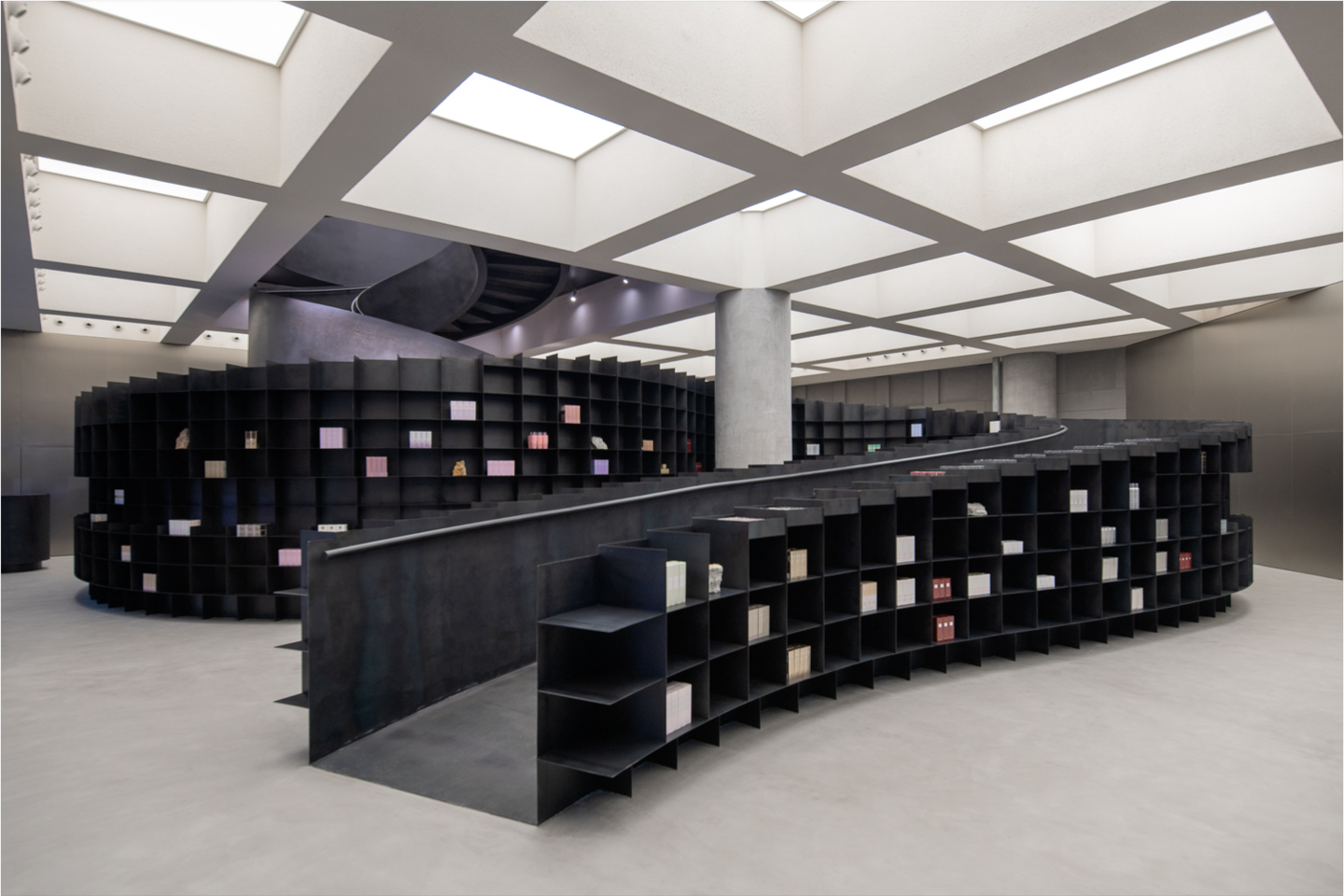
The Business of Fashion
Agenda-setting intelligence, analysis and advice for the global fashion community.

Agenda-setting intelligence, analysis and advice for the global fashion community.

The up-and-coming Beijing-based beauty retailer has secured $200 million in recent Series C and D rounds of funding, led by QY Capital and General Allantic, BoF has learned.
Harmay started life almost a decade ago as a well-curated online beauty store on Alibaba’s Taobao platform, but it has grown to become a rival to Sephora in the China market in recent years due to its unique aesthetic approach and niche brand offering.
It currently has nine physical stores in its network and plans to expand to Wuhan, Shenzhen and Guangzhou this year. Harmay also acquired American makeup brand Kevyn Aucoin from Manzanita Capital last November.
According to data from market research provider Euromonitor International, China’s beauty market (the combined value of its colour cosmetics and skincare markets) was worth $51 billion in 2020, with a constant annual growth rate (CAGR) of 11.18 percent expected through to 2025, when its total value will reach $86.7 billion.
ADVERTISEMENT
Multibrand offline beauty retailing has become an intense battlefield in recent years, and investment has poured into the sector. KK Group, the parent company of Harmay’s primary peer and rival, Colorist, raised approximately $1.8 billion in 2021, while another player, Wow Colour, raised 500 million yuan ($78.81 million) over the same period.
Learn more:
Sephora’s China Rivals Ready for Battle
After 16 years in Mainland China, LVMH’s Sephora faces serious competition as local multi-brand players jostle for a larger slice of the country’s $51 billion beauty market.
With consumers tightening their belts in China, the battle between global fast fashion brands and local high street giants has intensified.
Investors are bracing for a steep slowdown in luxury sales when luxury companies report their first quarter results, reflecting lacklustre Chinese demand.
The French beauty giant’s two latest deals are part of a wider M&A push by global players to capture a larger slice of the China market, targeting buzzy high-end brands that offer products with distinctive Chinese elements.
Post-Covid spend by US tourists in Europe has surged past 2019 levels. Chinese travellers, by contrast, have largely favoured domestic and regional destinations like Hong Kong, Singapore and Japan.